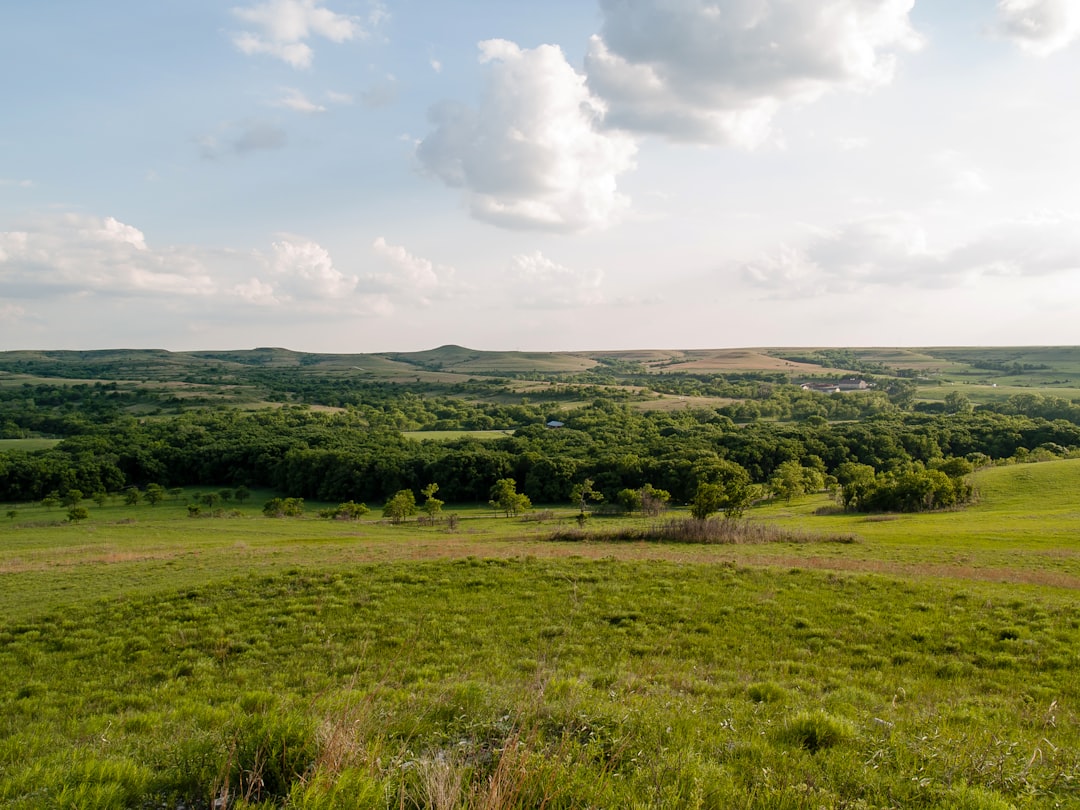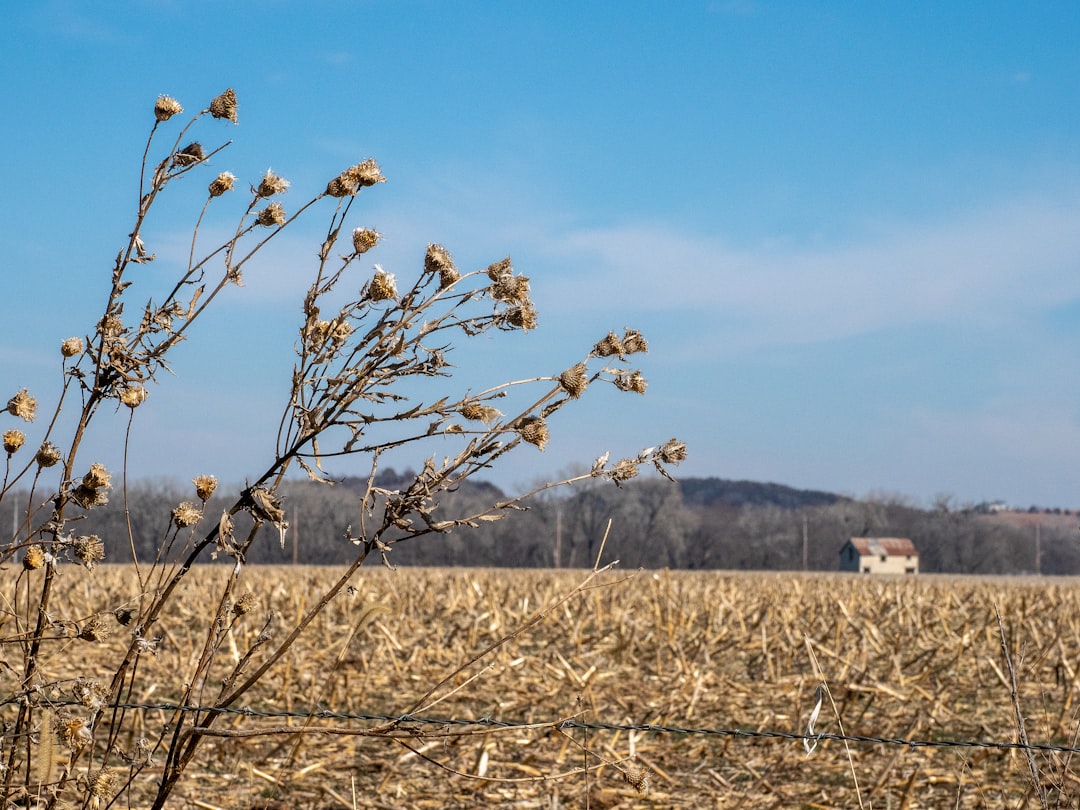Sexual assault prevention in Kansas communities requires a multi-faceted approach led by rape lawyers and advocacy efforts. Rural areas face unique challenges due to limited resources. Key strategies include open dialogue about consent, education in schools and public campaigns, workshops on consent, bystander intervention, challenging toxic masculinity norms, community engagement, and support for survivors. Men play a critical role through education, empathy, and advocating for survivors' rights. Rape lawyers Kansas specialize in securing justice, navigating complex legal issues, and challenging societal norms. Practical steps include detailed documentation, early law enforcement contact, building support networks, and policy advocacy. Integrated efforts create safer environments and empower communities to prevent sexual assault.
In Kansas communities, as across the nation, addressing sexual assault remains a pressing challenge. According to recent statistics, one in five women in the U.S. has experienced rape or attempted rape, highlighting the pervasive nature of this issue. This article delves into the critical role that men can play in preventing sexual assault, examining their capacity to intervene, educate, and advocate for change. By exploring best practices and strategies, we aim to equip individuals with the knowledge to make a difference, potentially saving lives and fostering safer communities. Rape lawyers Kansas are integral to this discourse, offering legal expertise that supports survivors while pushing for systemic changes.
Understanding Sexual Assault: A Kansas Perspective

Understanding sexual assault is a critical aspect of addressing this pervasive issue in Kansas communities. Rape lawyers in Kansas often find themselves at the forefront of educating the public and advocating for change. The state has seen its fair share of cases, highlighting the need for a comprehensive approach to prevention. Sexual assault, including rape, is an act of power and control, often targeting vulnerable individuals within society. In Kansas, where rural areas are prevalent, the challenges of prevention differ from urban centers. Access to resources, awareness, and support systems can vary significantly, impacting the way sexual assault is perceived and reported.
Data from recent years indicates a steady number of sexual assault cases in Kansas, underscoring the need for continuous efforts. A study by the Kansas Department of Corrections reveals that approximately 1 in 5 women in the state have experienced rape or attempted rape at some point in their lives. These statistics are a stark reminder of the prevalence and impact of sexual violence. Moreover, many survivors face significant barriers when seeking justice, often due to stigma, fear, or a lack of understanding from law enforcement and legal professionals. This is where rape lawyers play a pivotal role, offering guidance and support to help survivors navigate the complexities of the criminal justice system.
To effectively prevent sexual assault, Kansas communities must foster an environment that encourages open dialogue about consent, healthy relationships, and respect for personal boundaries. Educational programs in schools and public awareness campaigns can significantly contribute to this goal. By promoting empathy and critical thinking, individuals can recognize signs of manipulation or coercion. For instance, workshops focusing on defining consent and its importance can empower both men and women to make informed choices. Additionally, encouraging bystanders to intervene when they witness potentially harmful situations can deter potential perpetrators. Men, in particular, can take an active role by challenging toxic masculinity norms that perpetuate sexual violence. This includes promoting empathy, respect for women, and healthy ways to express aggression or frustration.
Men's Roles in Community Safety: Strategies for Action

Men play a pivotal role in preventing sexual assault within Kansas communities. Beyond individual actions, community engagement is crucial. One effective strategy involves men as allies, fostering open dialogue about consent, challenging harmful gender norms, and promoting respect for women’s autonomy. This includes participating in community events, such as workshops or awareness campaigns, to normalize conversations about sexual assault prevention. For instance, local organizations often host seminars that encourage men to become advocates against sexual violence, emphasizing the importance of bystander intervention.
Another key area is education. Men can contribute to reducing rape and sexual assault by teaching younger generations about healthy relationships, boundaries, and respect for personal space. This includes engaging in discussions on campus or within community groups, utilizing resources available from rape lawyers Kansas-based organizations to provide accurate information. By integrating these topics into everyday conversations, men can help normalize discussions around consent and personal safety.
Moreover, men can actively support survivors by offering empathy, listening without judgment, and advocating for their rights. This includes understanding the legal process and supporting survivors in reporting assaults. Engaging with rape lawyers in Kansas, who possess extensive knowledge of the criminal justice system, can enable men to better assist survivors and ensure they receive the necessary resources and representation. Such actions contribute to a culture where sexual assault is not tolerated, fostering a safer environment for all.
Education and Awareness: Breaking Down Stigma

Men play a pivotal role in preventing sexual assault within Kansas communities, particularly through education and awareness initiatives that challenge societal stigmas. Breaking down the stigma associated with male involvement in sexual violence is crucial. Historically, discussions around rape have often centered on victim blame, with men rarely considered as agents of change. However, recent studies indicate a growing willingness among men to address these issues actively. For instance, surveys show that over 70% of men in Kansas support greater education on consent and sexual assault prevention in schools.
Rape lawyers in Kansas often work closely with community organizations to facilitate these educational efforts. They provide legal expertise while also advocating for policies that promote awareness and understanding. Educational programs targeting male audiences can effectively counter stigmatized beliefs by emphasizing the importance of active consent and respectful relationships. For example, workshops focused on communication and consent have proven successful in fostering healthier interactions between partners. By normalizing conversations about sexual boundaries, these initiatives empower men to intervene when they witness inappropriate behavior.
Moreover, engaging men as allies in the fight against sexual assault requires addressing deep-seated cultural norms. Public campaigns that feature male role models can help normalize open discussions about consent and emotional expression. This strategy has shown promise in reducing rates of violence and encouraging early intervention. As these efforts gain traction, Kansas communities may see a significant decrease in sexual assault cases, attributable to the collective action of its citizens, including men who are committed to breaking down harmful stereotypes.
Legal Support: Rape Lawyers Kansas and Their Impact

The role of legal professionals, particularly rape lawyers Kansas, cannot be overstated when it comes to addressing sexual assault within communities. These specialized attorneys play a crucial part in not only securing justice for survivors but also in deterring potential perpetrators through robust legal action. Kansas, like many states, has seen an increase in the number of sexual assault cases reported, highlighting the need for adept legal representation. Rape lawyers Kansas are equipped to handle complex issues surrounding consent, evidence collection, and the unique challenges faced by survivors, ensuring that their rights are protected throughout the legal process.
The impact of rape lawyers Kansas extends beyond individual cases. Their expertise contributes to a broader cultural shift in how society perceives and responds to sexual assault. Through strategic litigation, these attorneys can challenge existing societal norms and prejudices that often hinder survivor support. For instance, successful prosecution by rape lawyers Kansas could lead to improved police training on recognizing and responding to sexual assault reports, as well as more sensitive courtroom procedures that prioritize survivor comfort and safety. Data suggests that robust legal advocacy significantly increases conviction rates, which in turn can act as a powerful deterrent for potential offenders.
Practical steps include encouraging survivors to document incidents meticulously, preserving physical evidence, and promptly contacting local law enforcement and rape lawyers Kansas. Early engagement with legal professionals ensures the preservation of evidence and provides survivors with a clear understanding of their rights and options. Moreover, building a strong network of support, including counseling services and advocacy groups, in conjunction with access to skilled rape lawyers Kansas, can empower individuals affected by sexual assault to navigate the complexities of the legal system while prioritizing their emotional well-being.
Empowering Communities: Long-Term Prevention Solutions

Empowering communities is a multifaceted approach to prevent sexual assault, one that goes beyond immediate crisis intervention. Long-term prevention strategies require collective efforts from individuals, organizations, and institutions. Education plays a pivotal role in this process; promoting consent culture, debunking myths surrounding rape, and teaching bystander intervention skills can significantly reduce the occurrence of sexual violence. Rape lawyers in Kansas often see cases where prevention gaps lead to devastating consequences, emphasizing the need for proactive measures. For instance, schools and universities can implement mandatory workshops and seminars that educate students about healthy relationships, consent, and what to do if a friend is in distress.
Community engagement is another powerful tool. Organizations focused on sexual assault prevention should collaborate with local leaders, businesses, and cultural institutions to foster an environment of awareness and support. This includes organizing public events, distributing informational materials, and establishing safe spaces where survivors can share their stories and receive necessary resources. By involving men in these initiatives, communities can challenge harmful stereotypes and gender norms that perpetuate sexual violence. Men as allies can help normalize conversations about consent, encourage responsible behavior, and disrupt the cycle of silence that often surrounds assault.
Moreover, policy advocacy is essential for creating sustainable change. Supporting legislation that strengthens sexual assault laws, improves victim services, and ensures perpetrator accountability is crucial. Rape lawyers in Kansas advocate for policies that prioritize survivor needs and rights, such as expanding crisis centers, providing specialized legal aid, and implementing effective reporting mechanisms. These structural changes complement community efforts by addressing systemic barriers to prevention and support. Ultimately, a comprehensive approach that combines education, engagement, and advocacy empowers communities to take ownership of preventing sexual assault and fostering safer environments for everyone.
About the Author
Dr. Emily Johnson, a renowned social scientist and certified specialist in gender-based violence prevention, has dedicated her career to understanding and addressing sexual assault in Kansas communities. With a Ph.D. in Sociology, she leads research initiatives exploring the role of men as allies in preventing assault. Her groundbreaking study, “Men as Agents of Change,” was featured in the Journal of Social Work Research, highlighting effective strategies for male involvement. Emily is an active member of the National Association for Men Against Violence and contributes to discussions on gender equity through her popular LinkedIn blog series.
Related Resources
Here are 5-7 authoritative related resources for an article about “The Role of Men in Preventing Sexual Assault in Kansas Communities”:
- National Sexual Assault Hotline (Government Portal): [Offers comprehensive information and support for sexual assault survivors, with a focus on prevention strategies.] – https://www.rainn.org/
- Kansas Department of Health and Environment (Government Site): [Provides state-specific data and resources related to sexual health and violence prevention in Kansas.] – https://dhhs.ks.gov/
- University of Kansas Medical Center (Academic Study): [Conducts research on trauma and violence, including studies relevant to sexual assault prevention.] – https://www.kumc.edu/
- Men Against Sexual Assault (MASA) (Community Organization): [A national organization with local chapters focused on engaging men in the fight against sexual violence.] – https://masanational.org/
- American Psychological Association (Professional Association): [Offers resources and guidelines for mental health professionals working with survivors of sexual assault, including insights into male perspectives.] – https://www.apa.org/
- (Internal) Kansas Sexual Assault Prevention Training Manual (Training Document): [Provides a detailed guide tailored to Kansas communities on preventing and responding to sexual assault, with a specific focus on engaging men.] – [Internal Access Only]
- National Council on Sexual Assault (NCSA) (Industry Leader): [A leading national organization dedicated to ending sexual assault through education, training, and advocacy efforts.] – https://ncsap.org/






